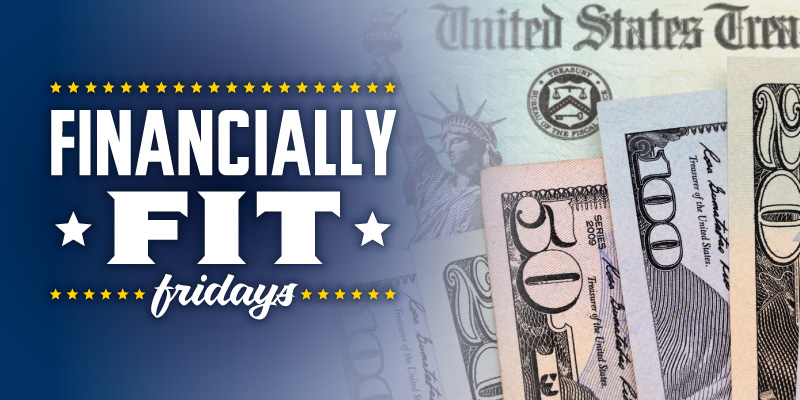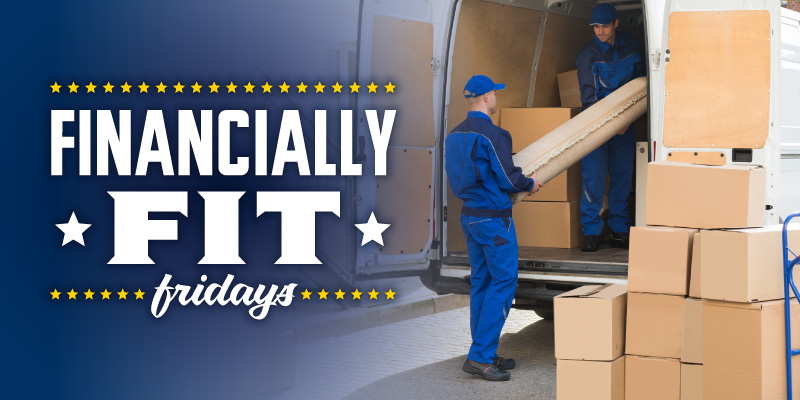If you’re approaching retirement and find yourself with less cashflow than anticipated, you may want to consider a reverse mortgage. Home equity conversion mortgages have been around since the 80s, but have recently gained popularity as a way for senior citizens to supplement their income.
What is a reverse mortgage?
A reverse mortgage is essentially the opposite of a traditional home mortgage. Instead of paying principle & interest to a financial institution to gain equity, the bank or credit union gives the homeowner access to their equity without the obligations of a monthly payment.
How does it work?
A reverse mortgage allows an eligible homeowner to convert their home’s equity into cash. The amount which can be borrowed is dependent on the value of your home as well as the borrower’s age. You may choose to receive those funds as one lump sum, in monthly payments or as a line of credit, which you can draw from as needed.
Once a reverse mortgage is granted, the homeowner no longer needs to make monthly mortgage payments. Their primary obligations are to maintain the home and to pay property taxes and home owners insurance. The homeowner retains ownership until the home is no longer owner occupied for a year, the homeowner sells the home, or they pass away. The debt is paid from the future sale of the property. The heirs of the estate will never have to pay more than the value of the house.
What are the requirements?
You don’t need an amazing credit score to qualify for a home equity conversion mortgage. To qualify for this alternate stream of income, you must:
- Be a homeowner
- Be 62 years of age or older
- Use the home as your primary residence
- Have equity in the home
- Continue to pay property taxes and homeowners insurance
Is a reverse mortgage right for me?
Reverse mortgages are intended for those who have substantial equity in their home and are in need of additional cashflow. They are also designed for people who have long-term plans to stay in their houses. To set up a consultation and find out if a reverse mortgage is right for you or a loved one, please call 1-866-224-2157.










